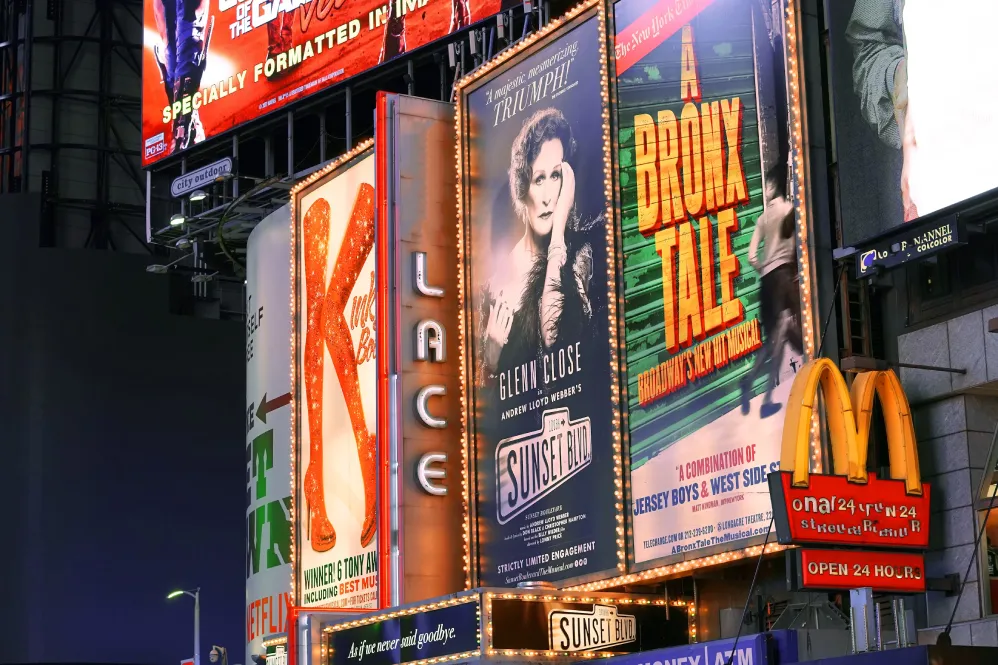It takes a great deal of money, time, and creativity to develop games. On the other hand, companies frequently cut corners when translating them into other languages, jeopardizing the success of their games at the final hurdle. Why it pays to use professional translators – and five tips on how to find the right service provider.
Everyone speaks English to a greater or lesser extent. Someone will turn up to handle other languages. And if all else fails, there are always those translation programs.
If you want to convey the linguistic content of games, this approach is not going to cut it. After all, the “computer games” of the past have long since evolved into an art form that blends state-of-the-art technology with perfect storytelling.
Whether it’s sports games, online or multiplayer games: Immersion is everything
Regardless of the platform: good games tell good stories. Which is how they achieve the much-cited immersion – the state that allows players to sink deeply and emotionally into the story and the environment. This goes without saying for genres such as multiplayer action, but even card games, casual games such as Bubble Shooter, and little online games or browser games can achieve the same effect. However, the state of immersion is a delicate bubble that can easily burst at the mere hint of disturbance. Not least due to linguistic errors.
Good game translations guarantee ROI
Regionalization and thus translation of games is not restricted to industry blockbusters. It also offers small titles from unknown developers or newcomers the chance to recoup their investment and make a profit through international distribution. Good translations are therefore a factor that directly determines the success or failure of games on the international market.
Small games with big stories
Interestingly, it’s not just bad or unknown games that suffer from translation fails. The long list of embarrassments includes major titles from leading developer studios. It never ceases to amaze how studios scrimp on localization of all things, given the huge budgets involved. Conversely, the smaller games in particular often impress with outstanding storytelling that has lost none of its immersive power thanks to perfect translation. Sensational titles such as Rime or The Town of Light have proven it.
The world of specialists
As you can see, there are good reasons to entrust the translation of your game to professionals. There are service providers whose areas of specialization include the field of gaming. Now it’s just a matter of finding the right one from the available options.
Five questions for selecting the right service provider
What you should always know about a translation agency’s specialists before placing an order: The answers to the following questions give a clear indication of the quality of the respective service providers.
Question 1: How familiar are they with the cultural environment?
There are many paths that lead to good storytelling. One of these is the use of humor, puns, figures of speech, or allusions. In other words, areas where direct translations simply do not work. Even between German and English (which a lot of people can speak to some degree), there are vast differences. After all, whether a remark is perceived as appropriate, whether an allusion or a pun is understood, whether humor really works – it all depends on the cultural idiosyncrasies and customs of the target country. This often makes it necessary to introduce new text ideas. However, this is only possible if the translators not only have an excellent command of the language but also in-depth knowledge of the respective culture. Otherwise, any hopes of becoming immersed in the game can swiftly come to an end.
Question 2: How much do they know about the gaming world?
Time and again, game translations fail because the people involved are not embedded in the game environment. On the one hand, this concerns the language itself: Inappropriate translations really jar in the gaming universe, where technical terms and repeatedly used phrases have long been established. What’s more, games frequently have a background that players know very well. Many games are based on external sources such as books, comics, TV series, or movies. Others follow on directly from a predecessor game. The translators must be aware of these associations.
Question 3: Can they also formulate concisely and intuitively?
The days when gamers read manuals are long gone. Today’s gamers expect functions and rules to be explained as they play the game and to be as quick and intuitive to understand as possible. Anyone who causes confusion here by mistranslating the source text can wave goodbye to their players. A classic example involves the often completely incomprehensible explanations in German for obtaining trophies on the PlayStation or achievements on the Xbox. Players who first have to ask Google what is actually meant here may rapidly lose interest in the game.
Question 4: Can they offer a holistic concept?
Simply translating the language of the game itself is not the full picture. A successful launch is also reliant on the accompanying marketing and advertising campaigns – principally via social media, but also through events, outdoor advertising, or traditional print ads. The more compelling the concept and the more consistent the language, the more successful the launch will be. Therefore, choose a service provider who can deliver intelligent overall concepts.
Question 5: Can they also offer legal advice?
Different legal systems also influence what is and is not allowed in games. In particular, the way they deal with the topics of violence, sexuality, and drugs differs greatly. Violent language, references to alcohol, or discussions about sex can lead to a higher age rating in certain countries or, at worst, to a total ban. Translation service providers must be aware of these legal pitfalls, otherwise the success of the game in the target language can be seriously at risk.
Tip for the collaborative process: Create a glossary for the translations
It is worth creating a glossary of technical terms together with the translators, as well as names of people, places, and idioms that crop up repeatedly in the game. This is all the more useful the more people are involved in the translation. Once the spelling and correct translation from the source language have been fixed, the subsequent processes are significantly accelerated. Here’s a tip that is also helpful outside of the gaming environment. Translation memory systems, like the ones that translation service providers have set up, will save you a lot of time.
Tip for finding a partner: Review their references before making your choice
It makes sense to obtain references before you award contracts. In this case, you also have the unique opportunity to “play” the reference. Are you (or a native speaker you trust) impressed by the quality of what you read or hear here? If so, you have found the right translation service provider, and your games will become game-changers.







